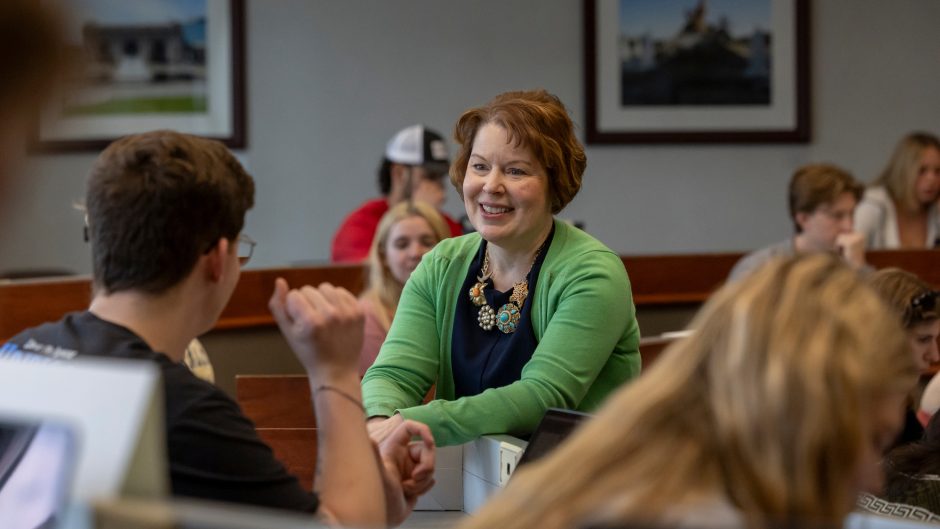July 15, 2020
Contact: Pate McCuien, 573-882-4870, McCuienP@missouri.edu
The views and opinions expressed in this “for expert comment” release are based on research and/or opinions of the researcher(s) and/or faculty member(s) and do not reflect the University’s official stance.
Black Lives Matter. Climate Change. Marriage Equality. These words are perhaps a few of the most prominent in America right now. Knowing these phrases aligned with their values, some businesses were saying these words before it was “safe” to do so, but many chimed in later, leaving consumers to wonder about some businesses’ authenticity.
As a business owner, it can be tempting to wait to see where the public lands on a controversial issue. However, with over 30 years of experience in business, Daryl Smith, an MU Trulaske College of Business assistant teaching professor, says that it’s actually more beneficial to be on the cutting edge of political and social stances.
“If you look at the companies that are doing the most in support of key issues, like environmental preservation and improvements in diversity, you’ll find that those things correlate very well with sales, stock price and overall success,” Smith said. “The firms that lag behind just aren’t as successful. The best firms are leaders, not laggers. They are always ahead of the curve.”
This may not have always been the case, but increased diversity in the marketplace has changed a lot about America’s economy. In fact, the diversity is still increasing. According to the Census Bureau, the Non-Hispanic White population in the U.S. is expected to shrink by more than 20 million people during the next 40 years, even though the general population will still be growing. Smith believes businesses have to adjust to this changing marketplace.
“The marketplace in America has become increasingly black and brown, and we will soon have a minority-majority. Standing up for marginalized groups, especially people of color, can be good for business-to-consumer companies” Smith said. “The best businesses know that they can reach a larger customer base through acceptance and understanding.”
A minority-majority in the U.S. would occur when there are more people of minority races than there are white people, so Smith says that it is in the best interest of businesses to keep all of their consumers in mind when making decisions. That means standing up for people and standing by their core values.
Core values are any firm’s fundamental beliefs, on which it bases all of its decisions. They shape how consumers see a firm. Smith says these values should be very clear and make it easy to see what the business stands for, but these stated values are just the foundation.
“A company’s core values are a very important part of their business model,” Smith said. “But they have to actually do something. Words are important, but action is more important. Firms must match their actions with these core values to maintain those consumers.”
If businesses are lagging, it all starts from the top. Leadership is important. Businesses must have a leader who is willing to act according to the business’ core values. However, Smith says owners who are struggling to be on the cutting edge of social and political issues should learn to listen.
“Talk to consumers; talk to your customers. Listen to your employees,” Smith says. “Situations change all of the time in the world of business and in the economy, but the one thing that will never change is that listening to your customers promotes successful business.”





